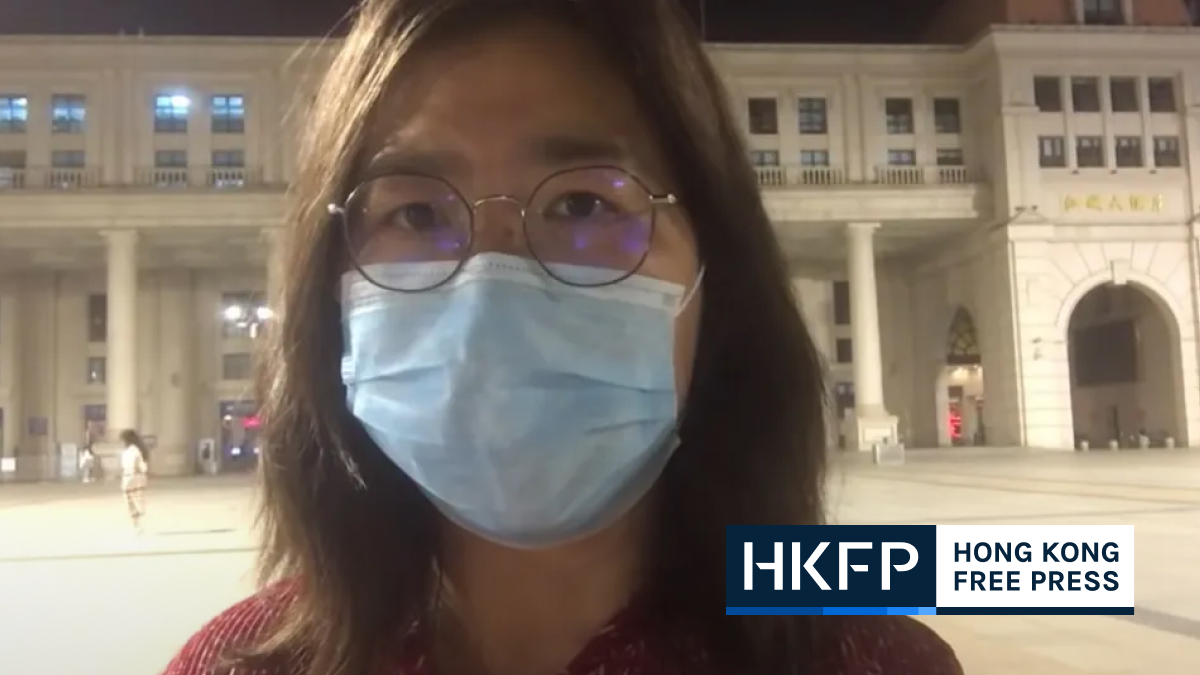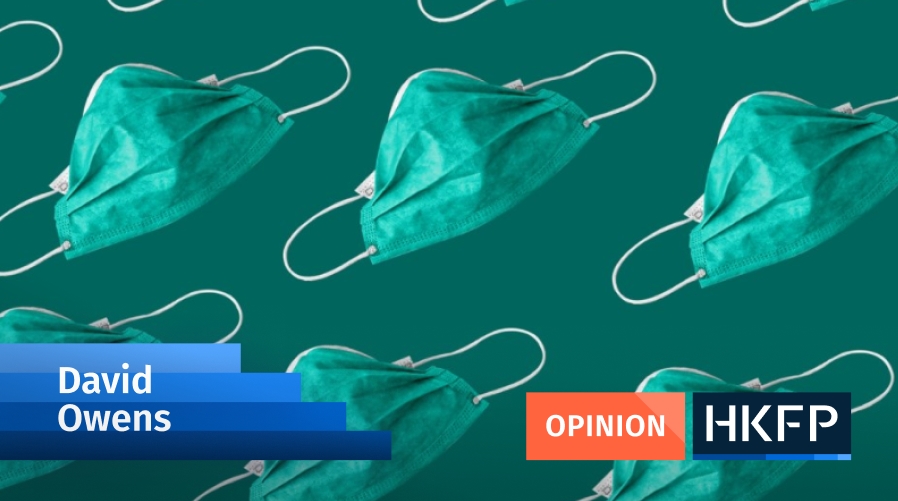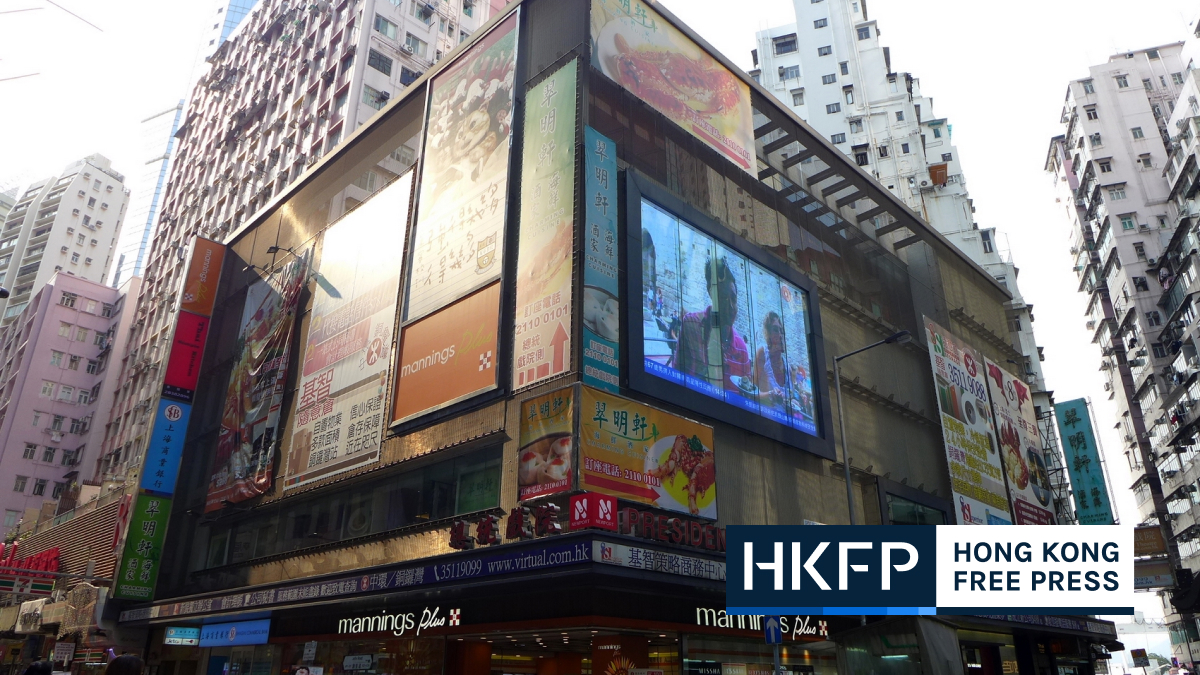A coalition of Hong Kong’s bars, clubs and karaoke lounges have lambasted government regulations requiring all their staff and customers to be vaccinated against Covid-19, after the government backtracked on similar requirements for the city’s foreign domestic workers on Tuesday.
The group, representing over 700 establishments, said the new measures to curb the spread of the coronavirus were “discriminatory” and threatened to bankrupt many businesses in the industry.

“Since the government has allowed us to resume operations, our businesses still have no customers, because the government requires our customers to be vaccinated,” a representative for the clubbing industry told reporters on Wednesday
“Our businesses can’t survive,” he added, referring to very few customers and a resulting inability to keep paying rent.
Under the “vaccine bubble” scheme implemented at the end of April, Hong Kong’s nightlife businesses are allowed to operate up to 2 a.m. only if all customers and staff have received at least one dose of vaccine. Restaurants, meanwhile, are given the option to serve customers who have not been vaccinated under stricter social distancing measures.

Representatives from the three industries said the government’s new measures weren’t working. “The government says its new policy is one that helps the industry, but they have miscalculated,” a spokesperson for the city’s bars said.
“The government is using our businesses to attract people to get vaccinated,” he continued. “But that hasn’t been the case. Our industry does not have the attractiveness to convince people to be vaccinated in order to go for a night out. They have sacrificed our three industries.”
The spokesperson also criticised the city leader Carrie Lam’s U-turn on Tuesday reversing mandatory vaccinations for the city’s foreign domestic workers, saying it was unfair that workers at the city’s bars, clubs and karaoke lounges were forced to be vaccinated in order to work.

The group called on the government to loosen measures regulating their businesses so they would be similar to rules affecting other industries. The local tourism industry has been allowed to resume tours for non-vaccinated people as long as they use the government’s tracing application.
The city’s bars, clubs and karaoke lounges had been shuttered for around five months before late April, when they were allowed to resume under the government’s new “vaccine bubble” scheme as infections eased.
Hong Kong’s daily infections remain low. The city reported two new infections on Wednesday, one imported and another linked to a known source.
Sinovac effectiveness
Separately, the China-produced Sinovac vaccination has produced a “drastic drop” in hospitalisations and deaths caused by the coronavirus in Indonesia, according to a study by the country’s health officials.

The study found the jab protected 94 per cent of recipients from symptomatic infection, while 96 per cent were protected from hospitalisation and 98 per cent from death from seven days after a second dose, according to a Bloomberg report.
The vaccine has been approved for emergency use in Hong Kong but have seen a sluggish uptake after authorities waived a requirement for its final trial results to be peer-reviewed and its lab results showed significantly less effect than those of Western-manufactured vaccines.
Support HKFP | Policies & Ethics | Error/typo? | Contact Us | Newsletter | Transparency & Annual Report | Apps
Help safeguard press freedom & keep HKFP free for all readers by supporting our team















